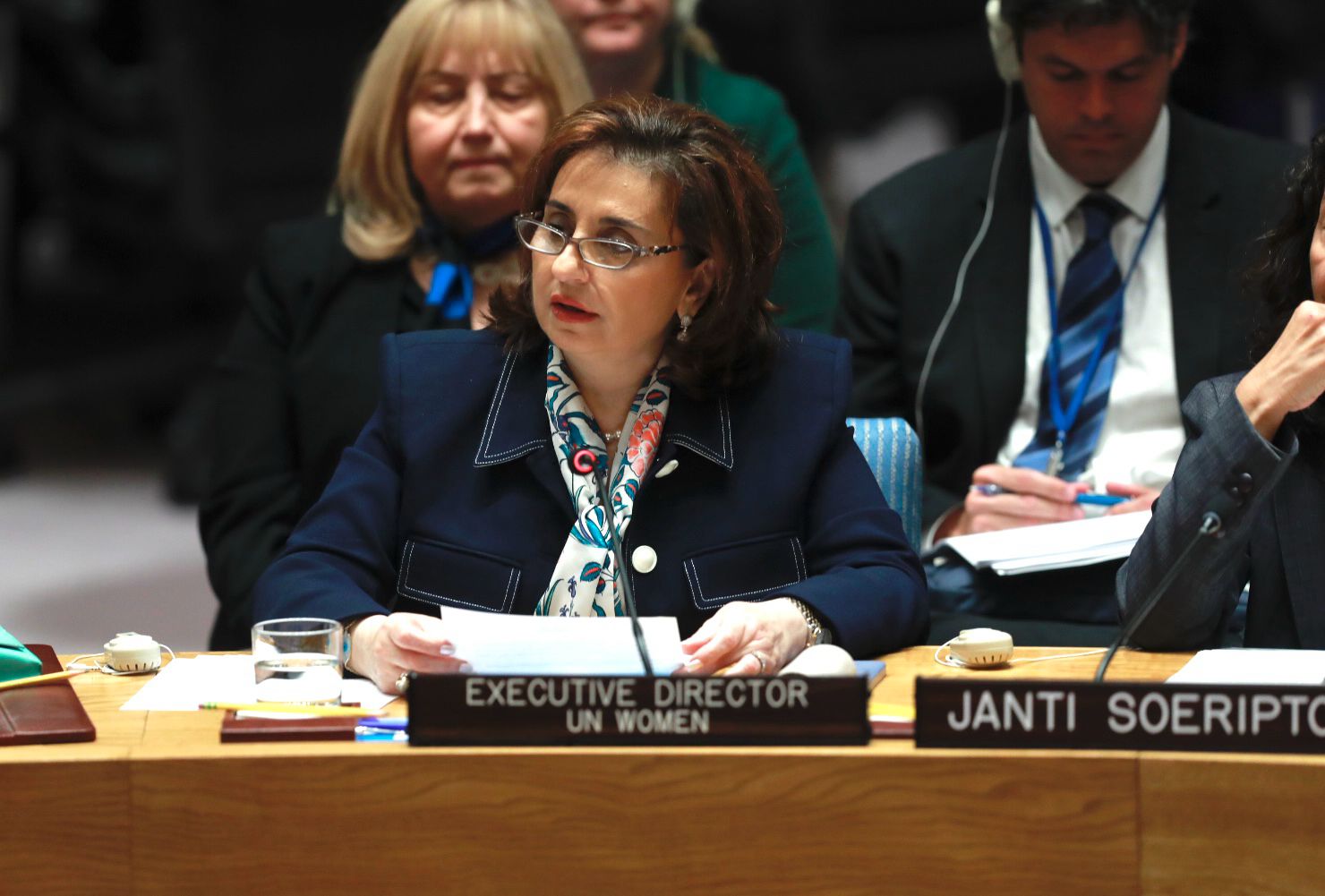

UN Women Executive Director Sima Bahous on Thursday asked reproductive violence to be recognized as a distinct category of harm.
Sixty-one percent of all maternal deaths occur in just 35 conflict-affected countries, she said.
"In the past year, we have seen bombed maternity wards, blockaded medical supplies, and massive funding cuts."
In Afghanista here 90 percent of women lack access to essential health care services, one woman dies from preventable pregnancy-related complications every two hours, she told a Security Council open debate on the protection of civilians in armed conflict.
In Gaza, over 28,000 women and girls have been killed since October 2023: an average of one woman and one girl killed every hour.
Tens of thousands have given birth under bombardment and siege, without anesthetics, without postpartum care or clean water, and while being malnourished, displaced, and traumatized, she noted.
"These are not natural consequences of war. They constitute a pattern of reproductive violence," said Bahous.
"Today, I urge that we treat reproductive violence as a distinct category of harm and hold perpetrators accountable."
More than 612 million women and girls are living in conflict zones. In war, women and girls are not just caught in the crossfire.
They are actively targeted. Conflict-related sexual violence is a protection crisis that rightfully warrants its own attention, she said.
Bahous asked the Security Council to do more to support justice and accountability for women and girls.
The atrocities against women and girls in armed conflict continue in part because they are committed with impunity. With few exceptions, perpetrators face no consequences.
Sanctions regimes remain underutilized.
They must cover sexual violence across and alongside the full range of violations against women and girls, she said.
Bahous also asked to recognize women's empowerment as a protection strategy.
"Protection and participation go hand in hand. The most effective shield we can offer women and girls is their own power, their own voices, and their own leadership," she said.
"When women lead, they protect not only themselves but their families and their communities and their countries. When they participate in politics, in security forces, in peace processes, the impact is transformative."
"There is no pathway to peace that does not begin with the protection of women and girls, no clearer obligation in international humanitarian law, no greater responsibility for this United Nations, and no more pressing concern for the Security Council," said Bahous.













